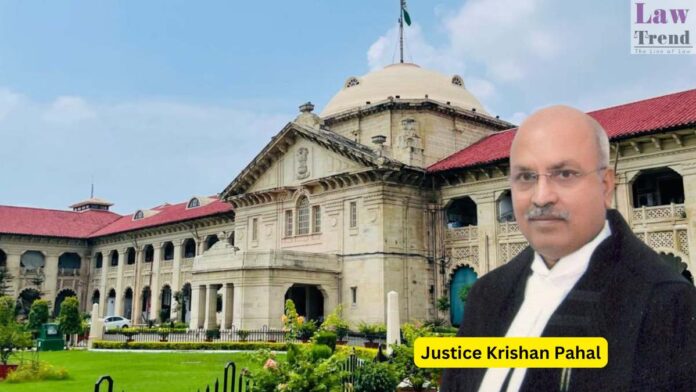The Allahabad High Court on Tuesday, August 5, 2025, rejected the second bail application of Rana Pratap Singh, an advocate accused in a 2019 murder case. The court, presided over by Justice Krishan Pahal, denied bail primarily on the grounds that the trial is at a conclusive stage and that the delay in proceedings was
To Read More Please Subscribe to VIP Membership for Unlimited Access to All the Articles, Download Available Copies of Judgments/Order, Acess to Central/State Bare Acts, Advertisement Free Content, Access to More than 4000 Legal Drafts( Readymade Editable Formats of Suits, Petitions, Writs, Legal Notices, Divorce Petitions, 138 Notices, Bail Applications etc.) in Hindi and English.




